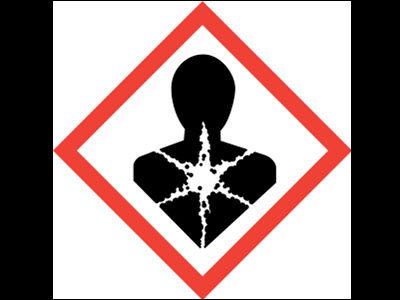Controlling emotions and making fake smiles at work may increase alcohol consumption

by
A research result was announced that 'emotional work' that brings a false smile to a stranger in a hospitality business or the like and suppresses emotions is related to people consuming a large amount of alcohol .
When are fakers also drinkers? A self-control view of emotional labor and alcohol consumption among US service workers.-PubMed-NCBI
https://www.ncbi.nlm.nih.gov/pubmed/30829513#
Faking positive emotions at work can lead to heavier alcohol consumption — Quartz at Work
https://qz.com/work/1599506/faking-positive-emotions-at-work-can-lead-to-heavier-alcohol-consumption/
Not only using the body and brain, but also work such as “needing emotional restraint, tension and patience” like customer service is called emotional labor . The word “emotional labor” first appeared in the book “ Managed Heart – When Emotion Becomes a Product ” by the sociologist Ali Hockshield, and as women today, it is particularly difficult to recognize as “unrecognizable labor”. It is talked about as being forced. However, Mr. Hockshield originally is not limited to women, but “smiling response” and “friendliness” required for workers in service industries such as bank windows and flight attendants, even in stressed environments Was called emotional work.

by
Emotional labor is still a subject of research as of 2019, 30 years after Mr. Hockshield advocated emotional labor. One of the researchers, Alicia Grandey, a psychologist at Penn State University, said, “I am a sociable type that enjoys being with people, but shifting at Starbucks After I finished, I felt a lot of fatigue. 'All exchanges ... I was hurt by emotional work, such as touching with a smile, but at the time I did not know what it was.'
In a new study published in March 2019, Mr. Grandey examined the relationship between alcohol consumption and emotional labor.
The survey is based on surveys conducted on American workers, and those surveyed are those who contact consumers, patients and students on a daily basis. In a questionnaire survey, these people answered about 'the frequency with which they hide or fake emotions at work' and 'the amount of alcohol consumption'. Then, according to the survey results, it was shown that people who often hid or fake emotions were more likely to drink. This trend is still seen even considering factors such as gender, age, stress at work, income, negative or impulsive character.
However, there is an exception job, for example, nurses who say that 'the degree of emotional work is high but the degree of job satisfaction is high' are the exception. Although nurses suppress or fake emotions, many of them are for the purpose of strengthening relationships with patients and calming patients, and serving as a worker who performs emotional work for people who will never meet again Mr. Grandey sees that the type is different. In addition, it seems that people who have a greater degree of autonomy at work than average and who have less impulse are likely to be exceptions. On the other hand, it is said that people who are in low autonomy such as operators and waitress are likely to be exposed to the risk of drinking a large amount of alcohol.

by Alexas_Fotos
Previous studies have shown that autonomy and job well-being are related. App developer, writer and start-up founder Belle Beth Cooper is a low-autonomous work like an operator, but by motivating them by choosing their own goals, they increase their autonomy I think that is possible. While maintaining the necessary structure in the workplace, it is important for employees to be clear about their goal goals.
Related Posts:
in Note, Posted by darkhorse_log







